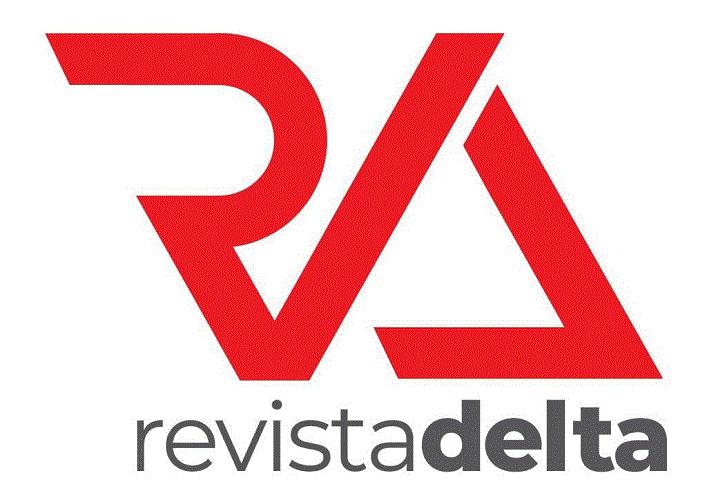ABSTRACT
The objective of this paper is threefold: (i) to contribute to the discussion around the parameters of a syntactically ergative language, using the Generative Theory framework, (ii) to describe how verbs work in Bakairi, based on the distribution of the -aki and -tai paradigms, focusing on verbal diathesis and the selection of arguments internal to VP or allocated in vP, and (iii) to reaffirm the status of arguments internal to VP as canonical arguments versus the derived status of arguments with agent role. To this end, our analysis of the Bakairi language is based on a significant corpus resulting from seven field surveys carried out from 1984 to 1992, from three more recent surveys conducted from 2013 to 2018, and four most recent surveys, carried out between 2019 and 2023. All of these studies focus on the Bakairi variety spoken in the Pakuenra indigenous land. The main results are in line with the definition of a syntactically ergative language, as we are not dealing with nominal case marks, a fact that contributes to formally elucidating the types of alignment in natural languages, where the discussions on the notion of Case (lexical/inherent and structural) take place.
Keywords:
Bakairi language; ergativity; unnacusative hypothesis; ergativity and Case assignment

 Thumbnail
Thumbnail
